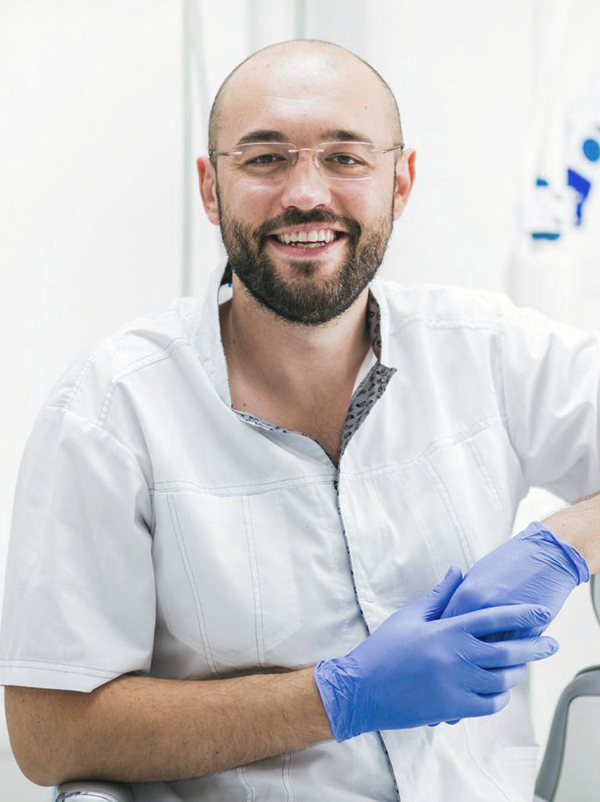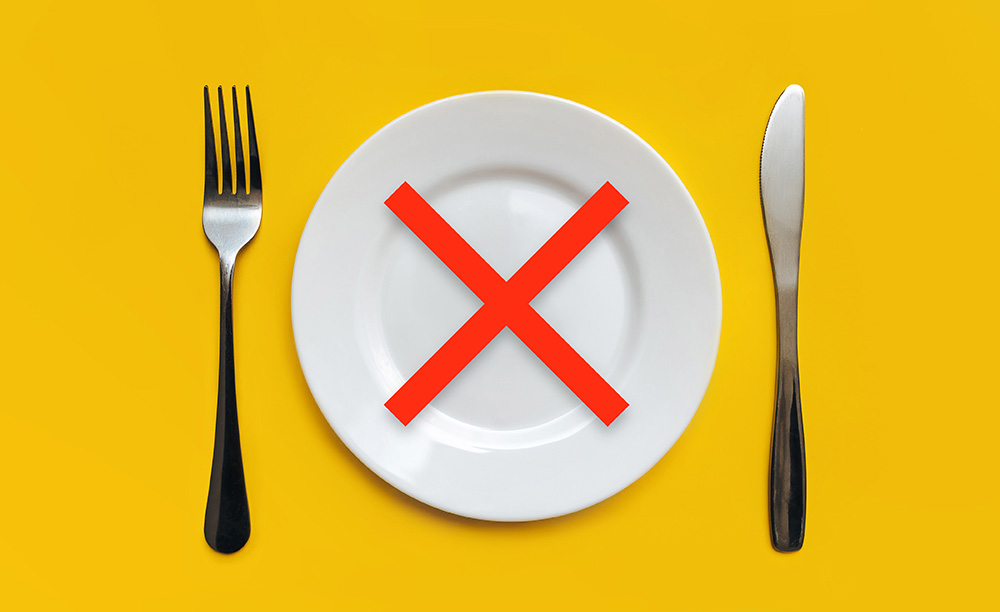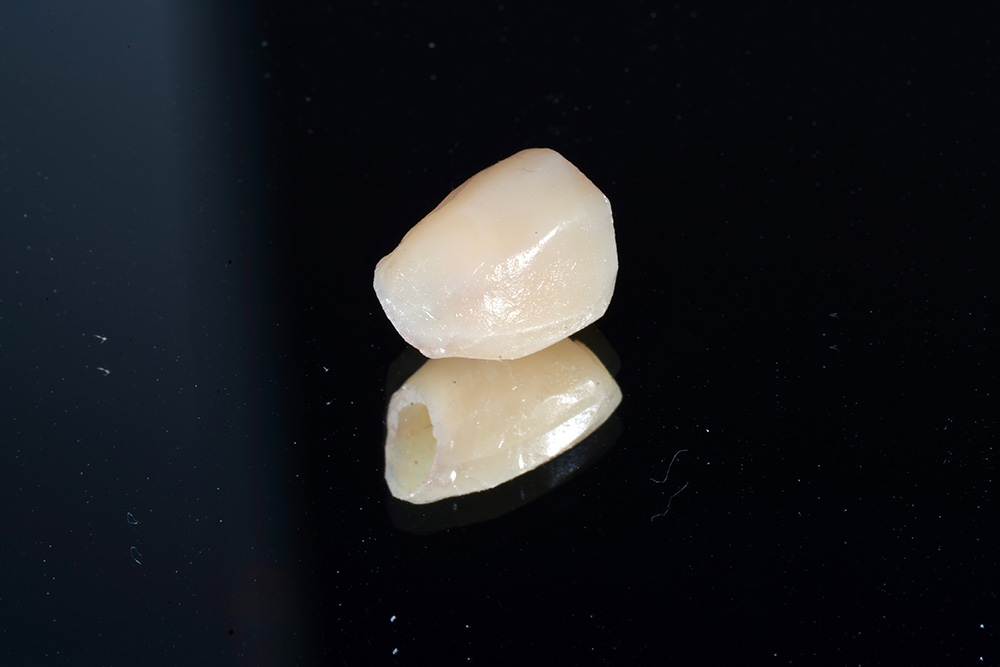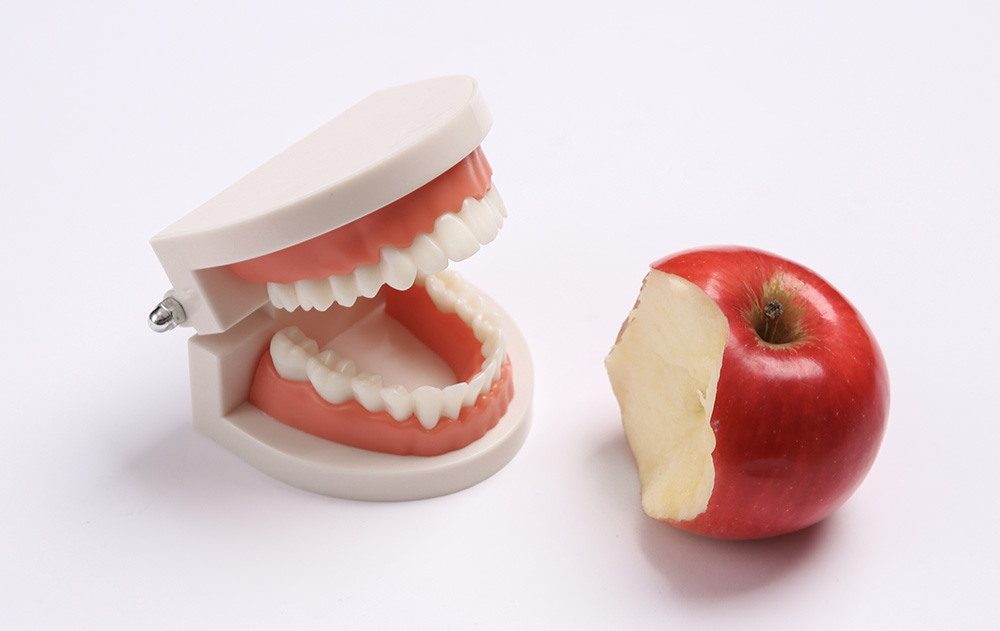The implants are in place – the hardest part is over. Now comes the rehabilitation period. During this period, dietary restrictions apply. Failure to follow the recommendations is fraught with displacement and loss of pins, inflammation of tissues, breakage of the prosthesis.
When can I start eating? What foods are allowed, and which ones should be refused? How long should the prohibitions be observed?
What can I eat immediately after implant surgery?
In the first hours after implant surgery, you should eat soft, semi-liquid, slightly warm food. Such food will not put excessive strain on the artificial roots, will not displace them. Will not damage the wound and sutures.
Allowed:
- soft cottage cheese, kefir, ryazhenka, yogurt;
- meat broth;
- vegetable cream soup;
- pureed porridge;
- soft fruits and berries;
- stewed vegetables chopped with a blender;
- mashed potatoes, peas, beans, pumpkin, apples, carrots, beets;
- scrambled eggs;
- baby food;
- jelly, pudding, smoothies.
It is better to drink bottled water at room temperature. Allowed 1-2 cups of not strong green or herbal tea, not acidic compote.

DOCTOR’S OPINION!
In order to make it easier to prepare a diet, after implantation I give patients a memo with an approximate diet for the day.
- First breakfast. Simmered oatmeal or rice porridge with milk. Warm green tea.
- Second breakfast. A casserole of cottage cheese with grated apple, pear, banana. Carrot juice.
- First lunch. Soup of chicken or turkey. With grated boiled potatoes, carrots or eggs.
- Second lunch. Mashed potatoes. Cutlets or meatballs of finely chopped chicken or fish mince. Zucchini caviar.
- Afternoon snack. Yogurt.
- First dinner. Pea puree. Steamed fish without bones, previously cut into small pieces.
- Second dinner. Mashed cauliflower. Kefir. Banana.
Is it possible to eat immediately after surgery?
In the first hours it is necessary to abstain from food, drinks. Failure to comply with the rule is fraught with:
- ingress of food particles, pigments, bacteria into the wound;
- divergence of sutures;
- damage to the wound surface;
- high risk of burning, biting the cheek, tongue, lip: as sensitivity is reduced due to the ongoing effect of anesthesia.
When can I eat after implantation?
It depends on the type of surgery:
- in one-stage and classic two-stage protocols, you can eat after 1-1.5 hours;
- in the case of implantation with bone grafting, you can refrain from eating for up to 3 hours;
- if the operation was performed under anesthesia, do not eat for 4 hours.
What is forbidden during the rehabilitation period?
In the first 2 weeks it is strictly forbidden:
1. Consumption of alcohol. Ethanol contained in alcoholic beverages burns the mucosa. Increases blood flow. Deteriorates tissue regeneration. This can lead to rejection of the implant, inflammation, its removal with subsequent cleaning of the wound from pus. Plus alcohol is not compatible with antibiotics and anti-inflammatory drugs. The former are prescribed in the rehabilitation period to prevent bacterial infection. The second – to relieve pain, swelling.

2. Smoking. Hot smoke from ordinary cigarettes or vapor from vape burns the mucosa. Resins stain teeth and dentures on implants. This creates a suitable breeding ground for bacteria. Slows down wound healing.
3. Drink coffee, black tea, energy drinks. Contains caffeine. It increases blood pressure. It dilates the blood vessels, increases blood flow. This leads to bleeding, opening of the post-op wound.
4. Eat cold, hot food. The newly operated mucosa is sensitive to high and low temperatures. There is a high chance of getting burned.
5. Include solid food in the diet. No steaks, no chops. Fresh hard fruits, vegetables. Croutons, chips, nuts, seeds. When chewing them creates a strong chewing load, which can dislodge dental implants.
6. Eating fatty foods. Pork, lamb, fatty dairy products, margarine are difficult to digest. Such a load is undesirable for a weakened body after surgery.
Nutrition in the first 2-3 days after dental implantation
In the first day after implantation of implants, all food should be soft. Hard and even moderately hard food traumatizes the gums that have not been tightened. And excessive stress during chewing can dislodge the artificial roots.
In the first day after implantation of implants, all food should be soft. Hard and even moderately hard food traumatizes the gums that have not been tightened. And excessive stress during chewing can dislodge the artificial roots.
| Allowed | Prohibited |
| Fresh or moderately seasoned foods | Spicy, acidic, pickled, peppered, overly salty foods |
| Drinking water. Lightly brewed herbal, green tea | Black tea, coffee, energizers |
| Not acidic compotes, juices, morses | Sodas. Drinks with colors, sweeteners. |
| Mashed boiled, stewed vegetables | Fresh hard vegetables |
| Soft fruits, berries. Cocktails from them | Hard fruits. Berries with bones. Dried fruits, candied fruits |
| Meatballs, cutlets | Lumpy meat |
| Cream soups, broths | Baked goods, pasta, dumplings, dumplings (stick to teeth and dentures) |
| Pudding, jellies, smoothies, soft curds without chocolate coating | Confectionery (promotes the multiplication of pathogenic flora in the mouth) |
Nutrition in the first 2 months after implantation
In the first 8 weeks, do not load the implants and temporary dentures. Eat soft foods that do not require effort to chew.
The restrictions are no longer as severe as in the first few days. Relatively hard food can be eaten. But it should be such that it can be easily broken with a fork.
Allowed:
- light soups;
- cutlets, meatballs, fish fillets: steamed or cooked in the oven;
- boiled vegetables;
- baked, canned fruits;
- fermented dairy products, including cottage cheese;
- mashed potatoes, pasta;
- pudding, jam;
- porridge;
- boiled eggs, omelets.
Nutrition two months after surgery
At this time, the implants have not yet fully engrafted (osseointegration). The load on the implants can be gradually increased. But do it carefully so that the structures do not shift.
The diet does not change much. Chopping food with a blender, grating, steaming are no longer necessary. You can add to your daily diet:
- soft meat of chicken, turkey, cut into pieces;
- relatively firm fresh fruits, berries: pears, plums, cherries, cherries, cherries, melon, peaches;
- salted fish;
- canned vegetables;
- scrambled eggs;
- cooked sausage, sausages;
- soft bread cut into “one bite” pieces;
- casseroles of cottage cheese, vegetables, fruits;
- slightly melted ice cream without frosting;
- marmalade, marshmallows without chocolate;
- biscuit.
What can be eaten after complete grafting?
After the end of osseointegration return to the usual diet. But they do it gradually and are guided by sensations. It is important that there is no discomfort, pain.
Certain prohibitions are valid for life. You can not:
- bite off the floss;
- opening packages, lids with your teeth;
- eat fatty red meat: kebabs, steaks, chops;
- chewing on nuts, seeds, poultry bones;
- eat kozinaki, glazed peanuts;
- eat bagels, breadcrumbs.
IMPORTANT!
The exact terms of full engraftment are individualized. Therefore, you can eat the usual food only after the permission of the treating implantologist. He will determine whether the osseointegration has been completed by X-rays.
Features of nutrition depending on the type of prosthetics
Immediately after implantation, lightweight temporary prostheses are installed. They are also called adaptation. Wear prosthetic structures for several months or years. After full engraftment of the implants, they are replaced with permanent ones.
Adaptive prostheses are needed to
- protect the wound from food, drink, and other irritants;
- to give the dental implants time to settle in;
- allow the jaw to adapt to chewing after implantation.
There are several types of temporary dentures. The allowable chewing load is different for each.
Eating with a temporary denture on a single implant

If 1-2 extracted teeth were restored, one of two types of temporary dentures is placed:
- A crown made of plastic. It is fixed directly on the implant. It is removed from the bite: it is made lower in level than the other teeth to prevent excessive chewing loads on it and the implant.
- Prosthesis-butterfly made of acrylic. It consists of 3-4 crowns. The lateral elements are supported by your own healthy teeth. And the middle ones cover the implant in the gum.
It is important to realize that single temporary dentures are only for aesthetics. It is not possible to put chewing load on them. Therefore, all dietary restrictions and prohibitions remain in place. You should chew your food on the opposite, not operated, side.
Pay attention!
If you eat the usual food in the first weeks after implant placement and removable prosthesis, all efforts will come to naught. The temporary structure will be damaged. And the artificial root will shift.
Eating with a full adaptive denture
Full temporary implant dentures for the upper and lower jaw
A complete temporary denture is placed when the entire jaw row is restored. One-stage implant protocols with immediate loading are used: All-on-4 or All-on-6. On 4 or 6 titanium posts, a lightweight prosthesis is fixed to the entire jaw.
With these protocols, you can and should eat immediately after insertion of the prosthesis. Moderate masticatory load:
- activates nutritional processes in the tissues of the gums, bones;
- stimulates the growth of new cells;
- improves implant retention;
- accelerates rehabilitation.
In general, the diet does not differ from the usual. Moderate restrictions apply for 3-4 weeks after surgery. It is necessary to refuse from:
- hard, fibrous, sticky food;
- hot, cold, spicy foods;
- products with dyes.
The severity of the prohibitions depends on the type of covered adaptive prosthesis.
- Classic removable denture. Made of acrylic. Very lightweight. It can be removed for hygiene procedures. Acrylic removable dentures are fragile. It deforms in 3-6 months. Then it is necessarily replaced by a permanent prosthetic design. During this entire period, the strictest possible dietary restrictions apply.
- Classic fixed adaptation prosthesis. In such a prosthesis, there is no metal framework. It consists of a gingival acrylic part. And artificial plastic teeth, which are attached to the implants with screws. It is worn for up to six months. There are fewer restrictions with the classic full-jaw fixed prosthesis. But there are also prohibitions on hard, lumpy, sticky food.
- Non-removable adaptive prosthesis on a metal frame. In this denture, the acrylic base is reinforced with a reinforced metal beam. It is strong. It can withstand standard chewing loads. You can eat your usual food with it. However, you should not overload the prosthesis. Prohibited are nuts, kozinaki, toffee, stringy meat, gum, candy. It is also forbidden to open lids, packages, bite off strings with your teeth.

DOCTOR’S OPINION!
Immediately after implant placement according to the All-on-4 or All-on-6 protocols, we place a fixed adaptation prosthesis on a metal framework.
This is the best option. In addition to minimal nutritional restrictions, it has other advantages:
- high strength;
- excellent stability of the implants;
- easier adaptation and high grafting of artificial roots due to the uniform load on the jaw;
- maximum comfort: the prosthesis is made according to individual impressions, fits perfectly to the gum, feels
- like your own teeth;
- long service life – up to three years: during this time, the patient can put aside money for a high-quality permanent denture.
Vitamins after implantation
An important role in the rehabilitation period is played by vitamins, minerals. They help the weakened body to recover. Accelerate the healing of wounds, bone regeneration. Increase the chance of successful implant engraftment.
After implantation, it is necessary to take vitamin and mineral supplements, as well as eat foods rich in:
✔ Vitamin C. Strengthens blood vessels. Regulates general and local immunity
✔ B vitamins. Accelerate the regeneration of soft and hard tissues
✔ Vitamin E. Antioxidant. Reduces inflammation
✔ Calcium. Bone building element
✔ Phosphorus. Participates in the absorption of calcium. Maintains the acid-alkaline balance of the oral cavity
Many vitamins and minerals are found in egg yolks, sea fish, vegetables, fruits, herbs, liver, cereals, fermented milk products.
IMPORTANT!
Vitamin D3 (cholecalciferol) plays a special role in the successful osseointegration of implants, because it:Improves calcium absorption.
Accelerates bone regeneration.
Increases bone strength.
Reduces the risk of titanium root rejection.
Has anti-inflammatory effects.
Deficiency of D3 can lead to severe pain, entail rejection of artificial roots. Up to 30% of people are vitamin D3 deficient: defined at levels <20 µg/L. About 80% of people – its deficiency: when the indicators are between 21-29 mcg / l.In some cases, the patient before surgery is recommended to take a blood test for the level of cholecalciferol, if necessary, start taking preparations with vitamin D.




